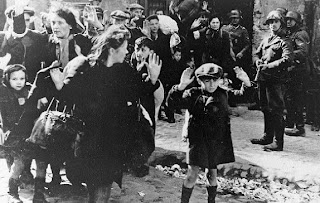I found this blog by acccident, digging for something totally unrelated.
Hide Me
by psychedelic pisces at Cerulean CiphersI'm like a tightly closed bud of a flower,
hidden layer by layer of wonderful surprises.
I'm beautiful, I'm brilliant, I'm funny and witty, I'm fragile and sweet, I'm vindictive and loyal, I'm sensitive, I'm a complete enigma. And I'm hidden. Hidden from you and everyone else.
Find me... like I found you - unpolished, rough diamond beneath a pile of fool's gold.
Discover me... like I discovered you - slowly and with great enjoyment
as i watched you shine.
Cherish the moment you uncover me like a child
who eagerly opens his present on christmas morning.
I am hidden so you can find me.
Find me soon for I am buried beneath all pretty baubles and trinkets.
Hopefully, you are not blinded by all the glitter and sparkle for
I am plain and dull.
When you find me at last, do not lose sight of me.
I am hard and edgy from the hiding. If you treasure me, polish me with care until at
last I shine like a tear from your eye.
And I will be yours forever.













